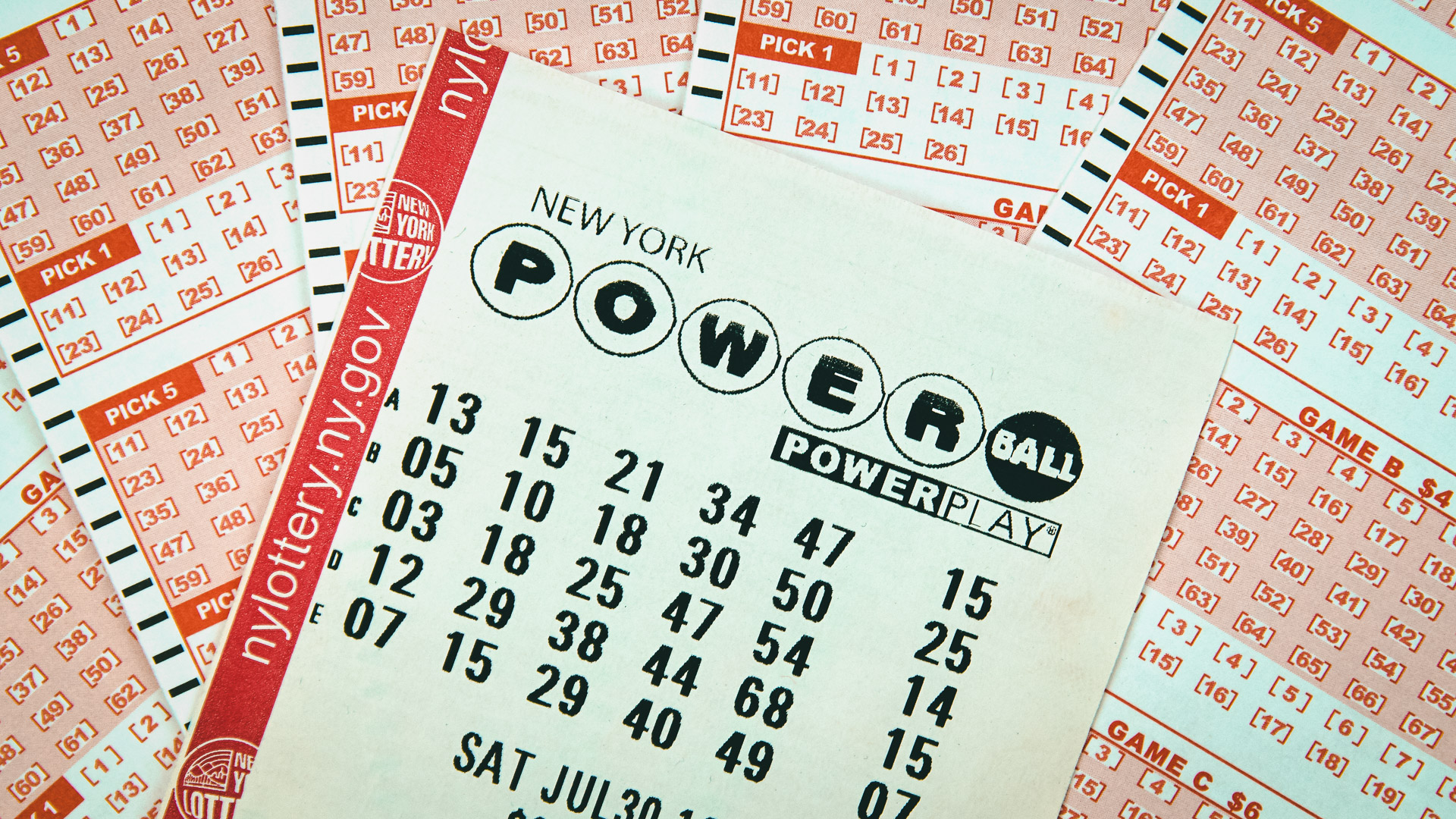Lotteries have a unique way of captivating the human imagination. The excitement of buying a ticket, the anticipation of the draw, and the dreams of what could be all contribute to what is commonly known as “lottery fever.” In this article, we will explore the psychology behind sgp pools ticket sales, shedding light on the factors that drive individuals to participate in this game of chance.
- Hope and Optimism
At the heart of lottery fever lies the universal human desire for hope and optimism. Lotteries offer a glimmer of hope to people facing financial difficulties or those seeking a path to a better life. The idea that a small investment can lead to a life-changing windfall is a powerful motivator. It taps into the belief that extraordinary change is possible, even when the odds are stacked against us.
- Fantasy and Escapism
The act of purchasing a lottery ticket allows individuals to momentarily escape their everyday realities and indulge in fantasies of wealth, luxury, and freedom. The prospect of winning represents a break from the mundane, a ticket to a world where dreams can become reality. This psychological escapism is a significant driver of ticket sales.
- Social Pressure and FOMO
The fear of missing out, or FOMO, is a psychological phenomenon that can contribute to lottery ticket sales. When people see others around them buying tickets and participating in the excitement, they may feel compelled to join in to avoid missing out on a potential jackpot. This social pressure can lead to increased ticket sales during high-profile lottery events.
- Availability Heuristic
The availability heuristic is a cognitive bias that leads people to overestimate the likelihood of events based on their ease of recall. Lottery winners’ stories often receive extensive media coverage, making them highly accessible in our minds. As a result, people tend to overestimate their chances of winning, believing that if others can win, they can too.
- Dopamine Release
The act of buying a lottery ticket and the anticipation of the draw can trigger the release of dopamine in the brain. Dopamine is a neurotransmitter associated with pleasure and reward. This physiological response creates a sense of excitement and reinforces the behavior of buying tickets, making it pleasurable and potentially addictive.
- Marketing and Advertising
Lotteries employ marketing and advertising strategies designed to generate excitement and interest. Eye-catching commercials, large jackpot announcements, and testimonials from winners all contribute to the allure of buying tickets. The marketing of lotteries is carefully crafted to appeal to the emotions and desires of potential players.
Conclusion
Lottery fever, driven by a complex interplay of psychological factors, continues to be a powerful force in the world of gambling and entertainment. It taps into our innate desire for hope, optimism, and the pursuit of a better life. While the odds of winning a lottery jackpot remain astronomically low, the psychology behind ticket sales ensures that the allure of the lottery endures, providing both excitement and dreams of a life-changing win for participants around the world.


